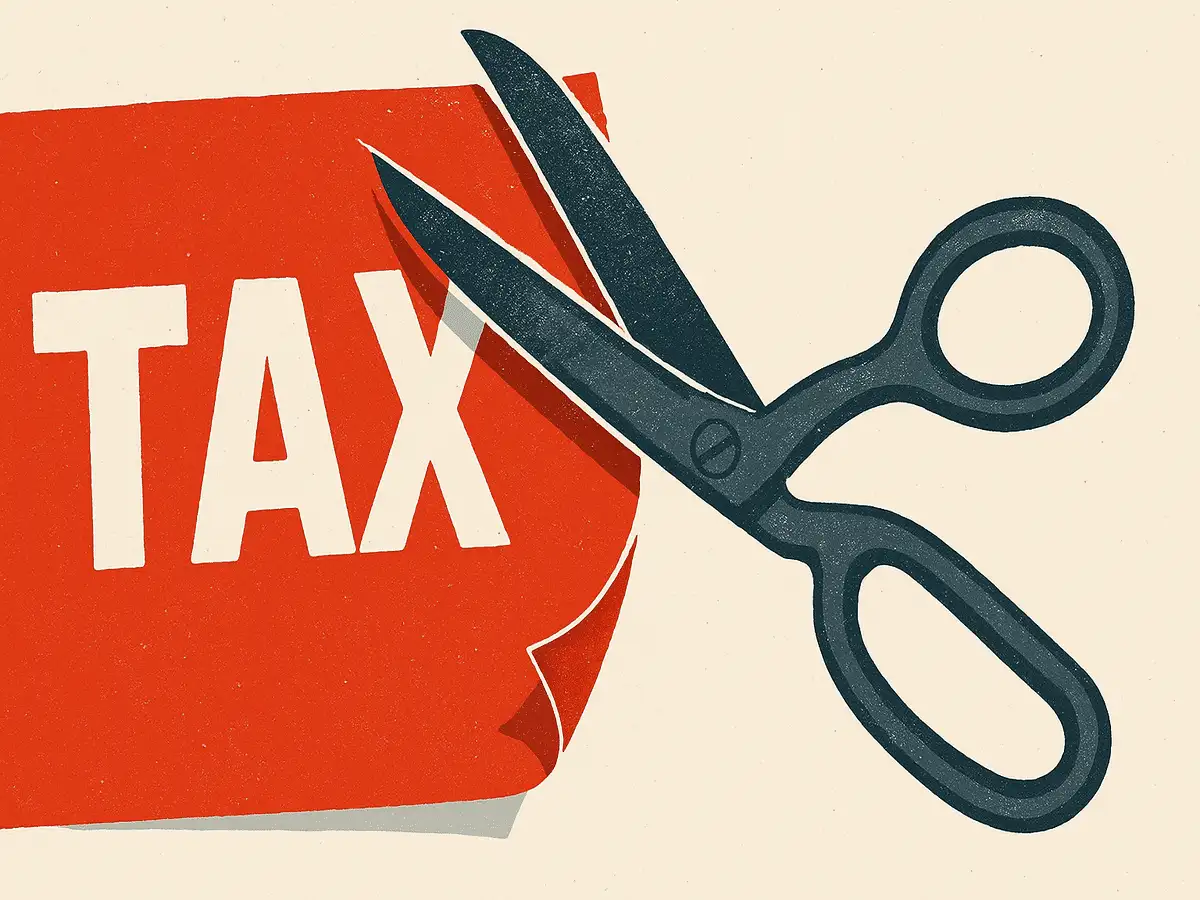Rare earth magnet users jolted into paying premium prices for ex-China supply - The Economic Times
Ever since China's export controls tightened some rare earth exports to a trickle in the midst of a trade war with the U.S., causing chaos in supply chains and some auto plant shutdowns, "the phone is ringing off the hook", said Suleman.
Companies starting new plants in Europe, the U.S. and Asia had previously reported difficult talks on deals that embedded the higher costs to make magnets outside China, which benefits from cheaper labour costs and economies of scale as well as government support via tax refunds.
But the crisis has led many customers to soften or drop objections about paying those premiums as they scramble to hammer out deals, according to a dozen industry participants including automakers, magnet makers, rare earth producers, consultants and government officials interviewed by Reuters.

While rare earths magnets from China are beginning to flow again, customers remain on edge about the threat of future shortages. Suleman's company, Neo Performance Materials, launched output of permanent magnets at its Estonia plant in May. Now, he said, "everybody wants to talk about how (they can) satisfy their demand out of our facility". He said he has no worries about lining up enough customers who will pay a premium - $10 to $30 per kg, with EVs typically holding 2-4 kg of magnets per vehicle - over the price they usually pay for Chinese magnets.
Output at Neo's factory in Estonia is starting small, providing samples to its first customer, which Suleman declined to identify. German auto parts supplier Schaeffler told Reuters it is a customer of the plant, but declined to comment on how much it is paying.
In Korea, customers of NovaTech, which produces magnets in China, are prepared to pay 15% to 20% more for magnets made in Vietnam, a company source told Reuters, adding there was "a growing sense of crisis among customers".
The company, which sells China-made magnets used in Samsung's phones and tablets, is investing at least 10 billion won ($7.39 million) in a plant in Vietnam launching early next year to make magnets using locally processed rare earths from a partner, the person and another company official told Reuters.
Britain's Less Common Metals, one of the few firms outside China involved in a key step of rare earths processing - making rare earth metals and alloys - says it is battling to cope with new enquiries.
"Now, post-April 4, it's like someone stuck a cattle prod into the whole industry," said Grant Smith, its majority owner and chairman.
He said LCM has held discussions with numerous companies that use magnets as they seek alternative supply sources, though he declined to name them. The firm now has plans to expand into France and other countries.
Despite the new willingness to pay a premium, it will take many years or even decades to build up production outside of China, which accounts for 90% of global permanent magnet supply, industry participants said.
And the question of how much more should be paid for rare earths and magnets outside of China is a tricky one.
Too high a premium for mined rare earths could see consumers cutting down their use, while premiums that are too low would not be enough to allow for construction of ex-China projects, analysts and consultants say.
Automakers are willing to pay more to guarantee ex-China supplies, but they are also in the midst of an EV price war that has left them with razor-thin margins, and will still be queasy at what they regard as excessive premiums, according to industry participants.
One executive at a rare earths company said their firm has held discussions with automakers that are prepared to pay $80 per kg for neodymium-praseodymium oxide (NdPr), a rare earth needed for magnets used in motors and generators - a figure Reuters has not independently verified.
That is already a significant - near 30% - premium over the Chinese price of $62 based on data from price reporting agency Fastmarkets.
"The purchasing departments have it in their DNA to save each cent or fraction of a cent, but things are changing," said the executive, who declined to be identified because he is not authorised to speak to the media.
"They're realising they're losing more by having to close a plant for a month than paying a premium to guarantee supplies."
Critical minerals consultancy Project Blue says that for NdPr, a price of $75 to $105 per kg is needed to support enough production to meet demand.
Australia's Barrenjoey goes further, saying NdPr prices need to be $120 to $180 per kg to fund a substantial wave of production that would encompass around 20 global mining projects.
One executive at a European automaker said his industry could not afford to pay excessive premiums. His company has agreed deals for other critical minerals at a 5% to 10% premium, based on certification they are produced sustainably, he said.
His company sold cars globally, he said, and could not make a profit if it had to pay a high premium for all the raw materials produced outside of China.
Some automakers, such as BMW, have developed EVs that do not use rare earths, while others have reduced the amount of rare earths in their vehicles. However, getting rid of rare earths is not feasible in the medium term, analysts say.
Neo's Suleman said everyone in the industry had to work together to create a supply of rare earths outside China.
"I don't think that we're looking at this and saying the floodgates are open, let's just charge whatever we want, we need to be responsible," he said.
"Customers understand there is a premium that is required, but if that premium gets too big, we're looking at demand destruction."
Read More News on
Stories you might be interested in












